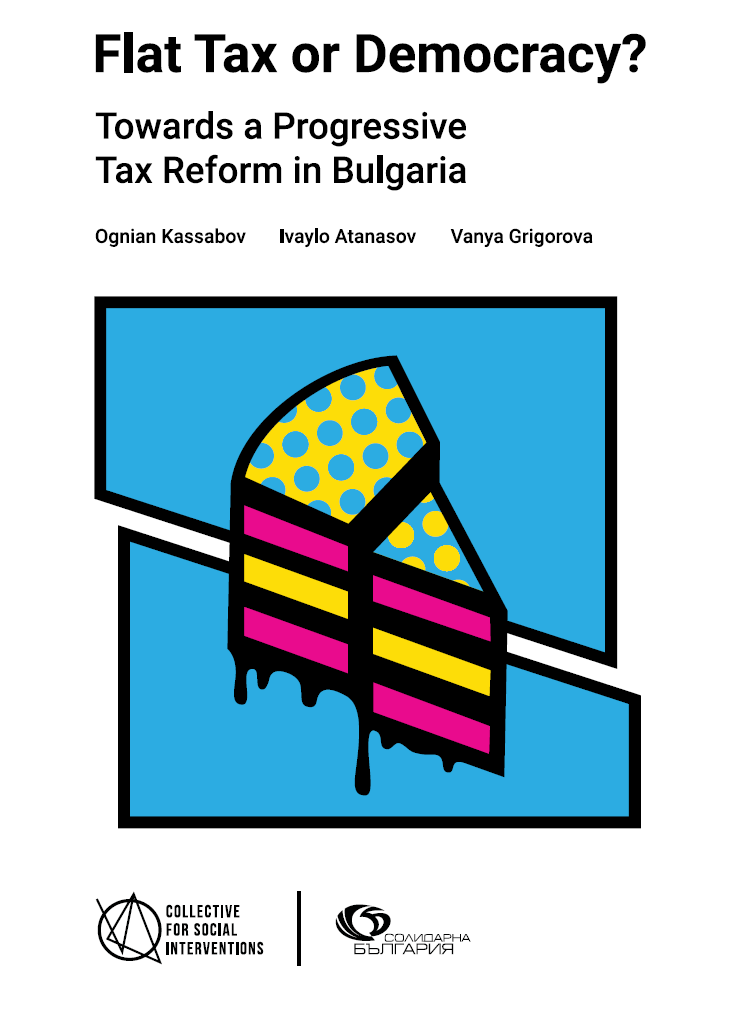FLAT TAX OR DEMOCRACY?

In 2008, Bulgaria introduced a flat tax rate of 10% on income and corporate profits. Together with the absence of tax breaks for low earners or reduced VAT rates for basic amenities, this makes Bulgaria's tax system regressive. This policy paper shows that Bulgaria's flat tax has contributed to soaring levels of inequality in the EU's poorest member. It argues for the gradual re-introduction of progressive taxation, for which it provides two quantitatively substantiated transition models.
But the stakes are even higher: the authors argue that regressive taxation and extreme inequalities are ruinous for democratic rule. Far from being a 'technical matter' to be left for 'experts' to discuss, tax policy is a political issue par excellence.
The policy paper looks at the formation of neo-liberal consensus in support of the flat tax in Bulgaria and provides comparisons to flat tax systems in other post-socialist countries. The study is useful beyond the Bulgarian context, since low flat tax rates are part of a broader deregulatory race to the bottom as new, small capitalist economies seek to gain a 'competitive advantage'.
